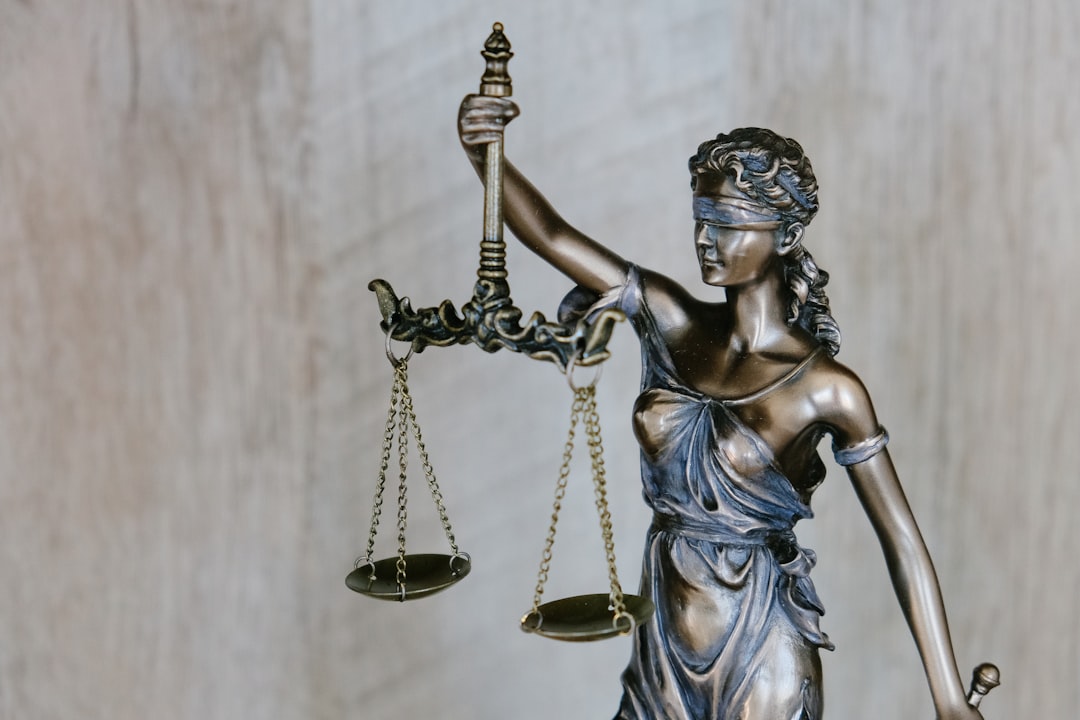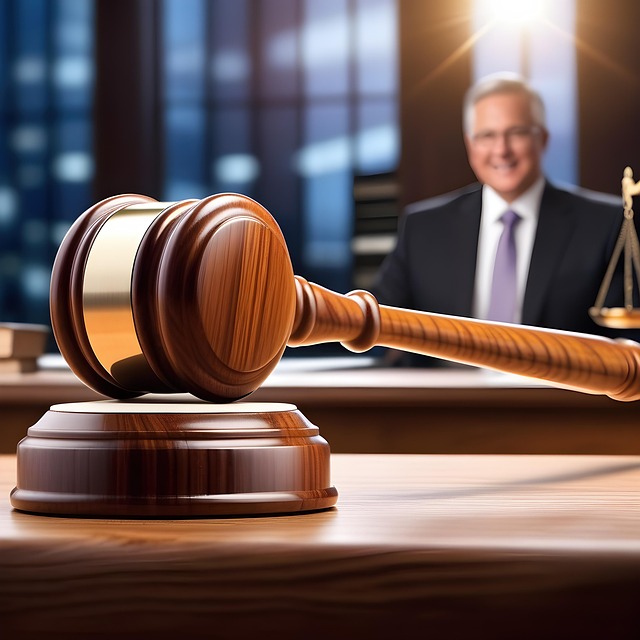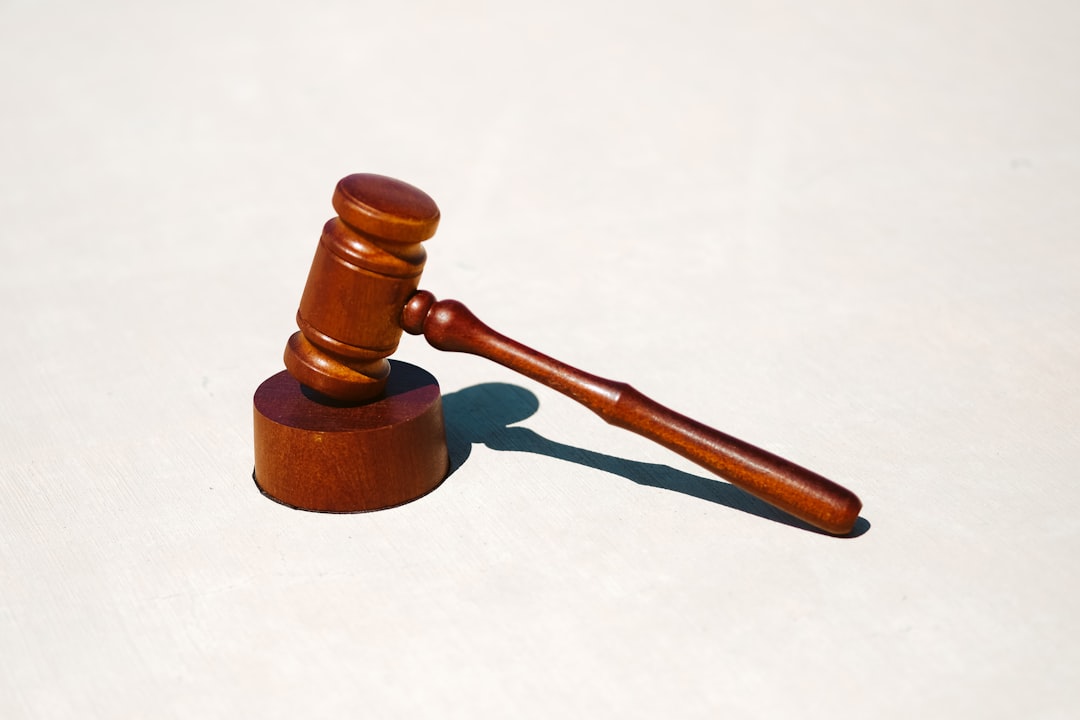Social media campaigns in St. Louis, Missouri, have effectively raised awareness about sexual assault through platforms like Twitter, Instagram, and Facebook. Local residents engage by sharing personal stories and expressing gratitude for services provided by sexual assault lawyers St. Louis MO. These efforts foster empathy, connect survivors, and provide access to support services. The legal community plays a crucial role in educating the public and empowering victims by sharing client stories and hosting webinars. Collaboration with community organizations amplifies impact, fostering a culture of support for survivors. Campaign success is measured through engagement rates, post reach, and website traffic directed to resources, including legal counsel from St. Louis MO-based firms.
In the digital age, social media plays a pivotal role in shaping public discourse on critical issues like sexual assault. This article explores how St. Louis, Missouri, has leveraged online platforms for raising awareness about this sensitive topic, focusing on the city’s legal community. Through case studies and strategic insights, we delve into crafting effective digital campaigns and measuring their impact. Discover how St. Louis is making strides in empowering survivors and holding perpetrators accountable, utilizing the power of social media as sexual assault lawyers in the region drive these initiatives forward.
The Role of Social Media in Sexual Assault Awareness: St. Louis as a Case Study

Social media has emerged as a powerful tool in raising awareness about critical issues, and sexual assault is no exception. In St. Louis, Missouri, an active social media campaign has been instrumental in educating the community and promoting prevention strategies. By leveraging platforms like Twitter, Instagram, and Facebook, advocates and organizations have successfully brought attention to this important topic.
The impact of these campaigns is evident through the engagement of local residents, including many who share personal stories and express gratitude for the resources provided by sexual assault lawyers in St. Louis MO. These online discussions not only foster empathy but also provide a platform for survivors to connect, share their experiences, and access support services. Additionally, social media allows for quick dissemination of vital information, such as crisis hotlines and local support groups, ensuring that those affected have immediate access to help.
Crafting Effective Digital Campaigns: Strategies for St. Louis' Legal Community

In crafting digital campaigns for sexual assault awareness in St. Louis, MO, the legal community plays a pivotal role by leveraging their expertise and influence online. Effective strategies include sharing compelling stories of clients who have been helped by sexual assault lawyers in St. Louis MO, highlighting successful cases, and providing resources that educate the public on recognizing and reporting assaults. Using targeted social media platforms, such as Instagram and Twitter, allows for direct engagement with at-risk individuals and advocates.
Visual content, like infographics and videos, can simplify complex legal concepts and rights, making them accessible to a broader audience. Additionally, hosting online webinars or Q&A sessions with sexual assault lawyers in St. Louis MO can demystify the legal process, empower victims, and encourage them to seek justice. Collaborating with local community organizations further amplifies the reach and impact of these campaigns, fostering a culture of awareness and support for sexual assault survivors throughout St. Louis.
Measuring Impact and Success: Evaluating St. Louis' Social Media Efforts on Assault Awareness

Measuring the impact and success of social media campaigns is an essential aspect of evaluating their effectiveness in raising awareness about critical issues like sexual assault. In the context of St. Louis, Missouri, where a robust online community exists, these campaigns play a pivotal role in reaching and educating residents. By utilizing platforms such as Twitter, Instagram, and Facebook, organizations advocating for assault awareness can engage with audiences, share resources, and foster conversations that promote understanding and empathy.
The success of these initiatives can be assessed through various metrics. Engagement rates, including likes, shares, and comments, indicate the level of public interest and interaction. Additionally, tracking the reach of posts allows organizers to gauge the potential for wider dissemination, ensuring the message resonates beyond the immediate online community. Furthermore, analyzing the traffic generated from social media to websites providing resources for sexual assault victims (including those seeking legal counsel from St. Louis MO-based firms) offers concrete evidence of the campaign’s direct impact on encouraging support and action.




